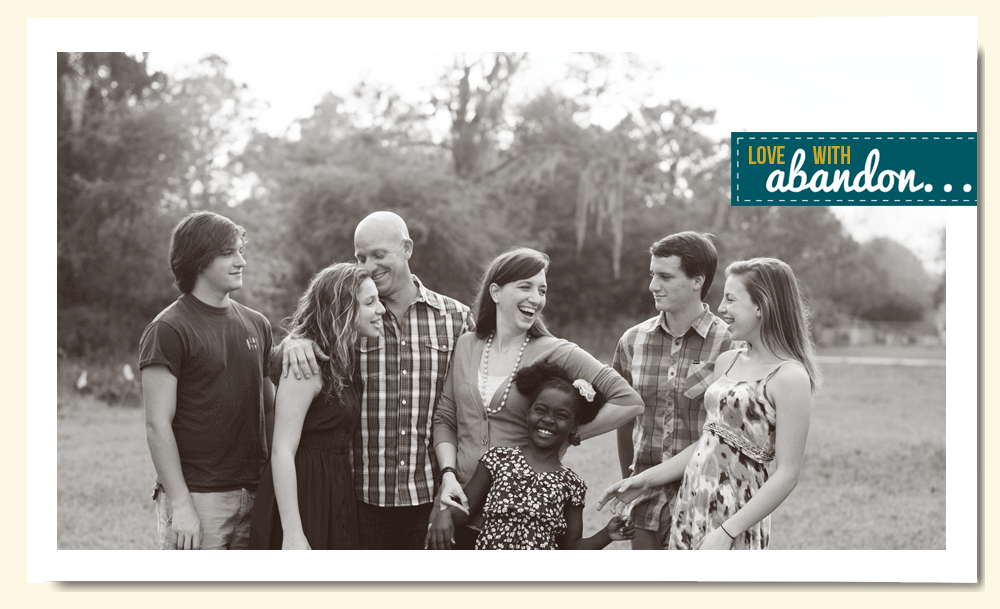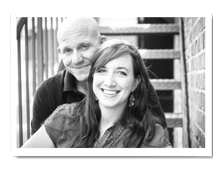
While in Ethiopia, I experienced many things for the first time. I saw many things I had never seen before. But I think for every single one of us on our team, there was one experience that stood out among all the others. One that impacted each of us more than any other thing we saw, seared images in our minds, and wrote its story on our hearts in a way that we will never forget. The day was Friday. And the place: the trash dump of Korah.
Because the Bible was written 2,000 years ago, sometimes it is a challenge to interpret the scriptures. We have to try to take the literal meaning of the passages and make them understandable in our context, or at least learn enough about the context in which it was written that we can make correct application now. Like--who is a “Samaritan” in our culture?....What does it mean to “take My yoke upon you”….who are the “widows and orphans” in our day?
One thing I realized quickly on my trip: in Africa, there no need for interpretation of these types of passages. The application is obvious. Literal widows. Literally, millions of orphans. And literal lepers. Outcasts. It’s 2010, but it felt like stepping back in time.
Korah is a town that built up around a leper hospital on the outskirts of town. The hospital was built far out from the city, over 75 years ago, in order to offer treatment but to keep those with the disease away from everyone else. Even now, they are still seen as cursed and treated as outcasts. There is a stigma that goes with being from Korah, living in Korah. And located right in Korah is the trash dump.

We fell in love with Korah for several reasons. For one, our work project was at the school located in Korah, Bright Hope School. We drove there daily, and saw the poverty and affects of the disease, both physically and socially, on the people. But our greatest connection was Sammy. Sammy, our translator, became a dear friend during our trip—and Sammy is from Korah. He was saved through a Young Life missionary who reached out to the dump kids almost 10 years ago, and his life has become all about serving the people of his community, and specifically, the kids in the dump. He understands, because he lived in the dump for 8 years.
When we pulled up to the dump, it was literally mounds of trash that appeared to be moving. As my eyes focused, I realized it was people and animals walking, and sifting through the trash. We walked up the hill to the actual dump. The smell was the most horrible I have ever experienced. It seemed to almost tangibly fill the air, like a thick cloud. And there was no where to get away from it, no matter which way you turned your face—it surrounded you. Even breathing through your mouth didn’t help. It felt like you were ingesting it. When the garbage trucks would drive through every 5 minutes or so to dump a load, they would stir up a dust around you, clouds of filth. It was awful.


Sammy took us and began introducing us to his friends. Some would not let us shake their hands because they had been digging, instead they would give us their arm. Others put their hands out, and we embraced them, asked their names, and thanked them for letting us come visit them. Men, women, children…all walking and digging. We were definitely a sight, with our white skin, so some stared with curiosity and some with distain. Others approached us and wanted to talk to us. When a truck would come, though, many would run over to get first dibs on the load that was being dumped. The ground was covered with a soft compost of garbage, trash of all kinds. When you looked down on the shoes of those who had been walking on the heaps, they were covered with the grossest gunk. To think that some of these people slept there was horrifying.
Sammy gathered about 100 of the kids from the dump and we walk across the street to an outdoor restaurant. We ordered sodas and platters of traditional Ethiopian food for them. We sat and talked and got to know them. We told them why we had come, to show the love of Jesus and to hear their story. They asked us to please tell people on America about them. How they live. How they have no way out. How they need a helping hand.


And many told us of their love for Jesus. How He had saved them and they had a hope and a future in Him. In a place where people were living far beneath their worth, as image-bearers, there were leaders who were living among them, sharing God’s message of love and acceptance.
This post is long and I could go on and on about the dump. Instead, I will invite you to read Erica’s post here, for another perspective on the visit and a bit of a challenge. Sometimes it’s nice to see it through another’s eyes. Then, my next post will be Hannah’s perspective, as well as a video from our trip.


Micah 6:8 tells us:
“He has told you what is good and what the Lord requires of you: Do justice. Love mercy. And walk humbly with your God.”Make no mistake, we are commanded to do justice. It is part of the Kingdom life we experience and flesh out now, mirroring what Kingdom life will be like one day in His presence, when all things are made right and whole. And people—children--living in a trash dump…that is not just.
Would you pray for them, for my new friends in Korah? For those kids in the dump? For those leaders, like Sammy, who share the love of Jesus with them and are fighting for them, speaking up for them. We as a family, and as a church, are praying about how we will get involved. Would you join us?
























2 comments:
Great post!! Still haunts me.
Hello...my husband and I traveled to Ethiopia in January of this year and spent time with Sammy at Korah. We did not make it to the dump but we did visit the hospital, the school, Victory Church, and got to meet some of the residents that live at Korah. My heart still aches. I enjoyed your post. Thank you for sharing.
Post a Comment